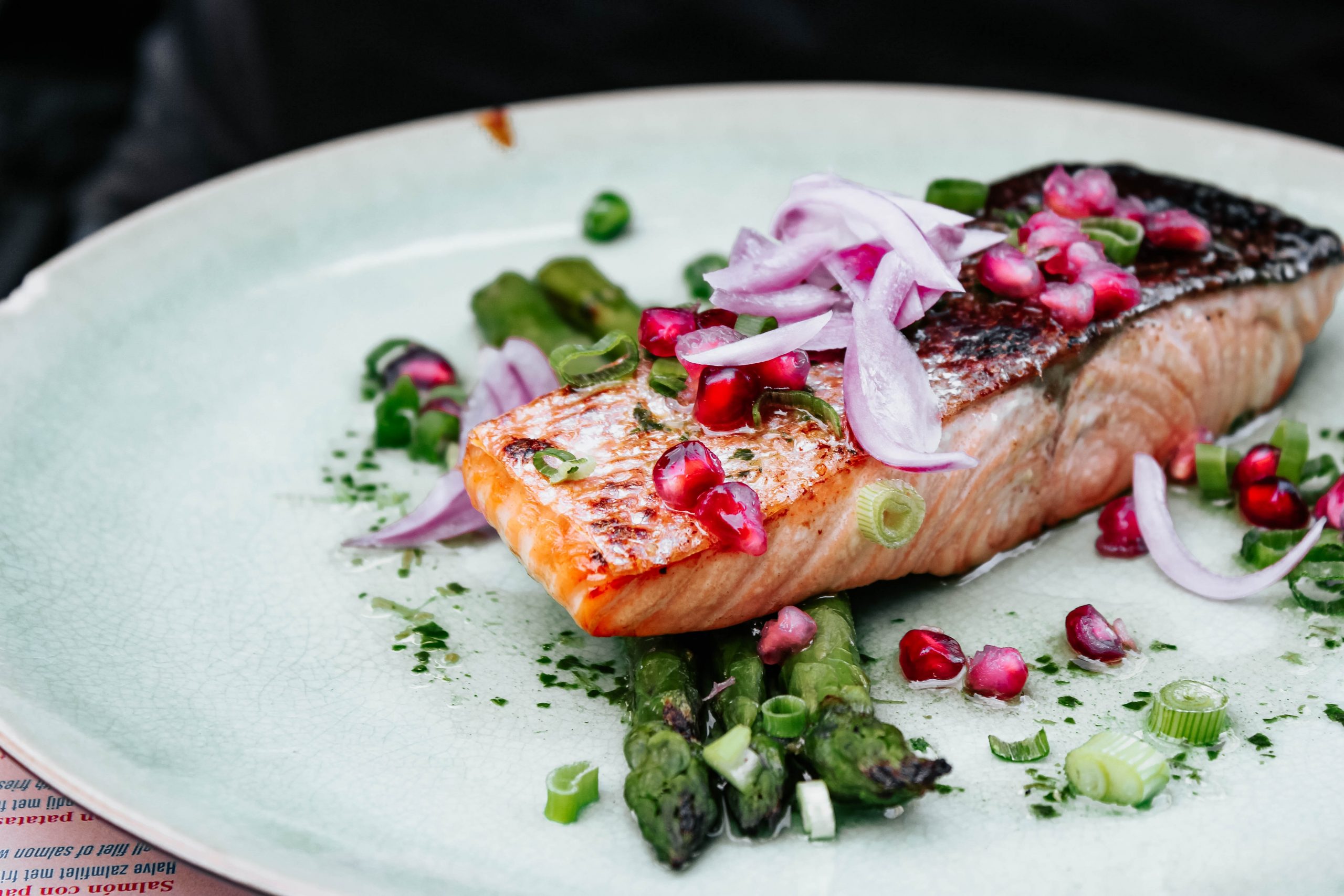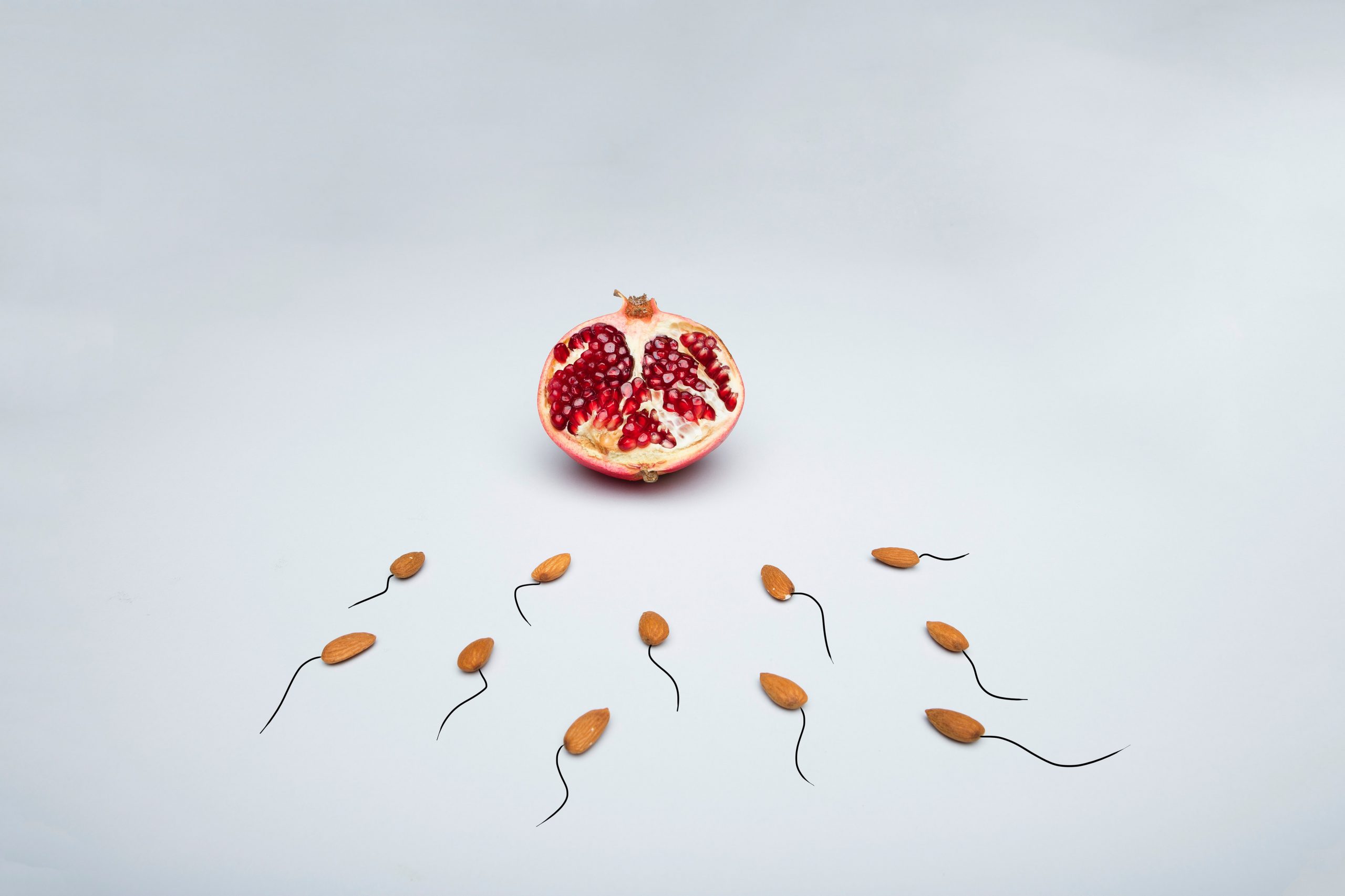Registered dietitian, functional nutritionist, & your new fertility BFF. I'm passionate about helping women thrive during preconception, pregnancy, and postpartum.
Nutrition
PCOS
Fertility
View All
Explore the blog
Hi, I'm Anabelle
Non-toxic Living
Work with our team
How to optimize your nutrition before starting IVF
Ever wondered what steps you should take to optimize your nutrition before starting IVF?
Well wonder no more!
Here are 3 steps to preparing for your IVF journey
1.Take the time to optimize your lifestyle with your partner, whoever they may be!
It is important to keep in mind that dietary and lifestyle changes don’t happen overnight. Did you know that it takes approximately 3 whole months for both your eggs and sperm to fully mature? This really highlights why it is so important to spend at least 3 months prior to your first cycle of IVF making any required changes to your diet and lifestyle.
This may include:
- Optimizing your diet (I’ll go into more detail later in this blog post).
- Understanding your cycle. Speak to your fertility specialist or dietitian about your current menstrual cycle and ovulation. There are likely several strategies you can undertake to optimize and balance your cycle.
- Start or maintain a healthy, exercise routine. The current physical activity guidelines for adults state that you should aim to get at least 150-300 minutes of moderately intense exercise each week or 75-150 minutes of vigorous exercise each week for optimal health.
- Take steps to reduce your stress. Studies have repeatedly shown that chronic stress increases the level of inflammation in our body which increases oxidative stress and subsequent damage to the quality of our eggs and sperm. See my previous blog post for tips on how to reduce your stress!
2. Increase your consumption of dietary antioxidants!
One way you can do this is to adopt a Mediterranean-style diet. This pattern of eating has numerous benefits (particularly when it comes to fertility and IVF!).
It has been shown to:
- Improve both egg and sperm quality
- Increase embryo yields when you are undergoing IVF treatments
- Optimize fertility outcomes
- Enhance pregnancy outcomes (encourages carrying a healthy baby to full term with no complications)
- Decreases inflammation in the body thus improving both egg and sperm quality and increases the likelihood of conception
So what does a Mediterranean diet look like?

- Consuming plenty of colourful fruits and vegetables every day. A simple way to achieve this is to aim for at least 3 different colors on your plate at every meal!
- Consuming wholegrains (breads, cereals, rice, quinoa etc.)
- Cooking and using healthy fats like extra-virgin olive oil
- Eating a variety of different nuts and seeds
- Including legumes/beans in your diet (think of them like a vegetable with protein!)
- Plenty of seafood (with a particular emphasis on oily fish) at least twice each week
- Moderate consumption of dairy foods, eggs, and poultry (chicken, duck, turkey)
- Limiting your consumption of red meat
A Mediterranean style diet will ensure that you get all of the below nutrients that studies have shown are essential for quality eggs and sperm.
- Omega-3 fatty acids
- CoQ10
- Zinc
- Vitamin D
- Selenium
- Folate
- Vitamin E
- Vitamin C
- Lycopene
Studies have also shown that the wholegrains in a Mediterranean-style diet will aid the implantation of your fertilized egg!
3. Get a tailored supplement plan!
There are many ways that nutritional supplements can improve your chances of conceiving during IVF. However, it’s not as simple as taking your average prenatal.
A tailored supplement plan will take into account several factors including your:
- Age
- Medical history
- Reproductive history
- Current oral intake
- Weight and height
This will mean that you are taking supplements that have been individually tailored for your specific needs!
If you would like to learn how to optimize your nutrition before starting IVF, schedule your free 30 minute 1:1 strategy call with me!

References:
1.Mediterranean Diet 101: Meal Plan, Foods List, and Tips (healthline.com)
2. Maternal whole grain intake and outcomes of in vitro fertilization (nih.gov)
Leave a Reply Cancel reply
The Preconception Playbook
This free playbook provides specific actionable tips to get started on your fertility journey, as well as what to avoid while you're trying to conceive.
Get the free playbook
Functional nutrition for women & couples trying to conceive
Get the Preconception Playbook
Actionable tips to get started on your fertility journey, as well as what to avoid while you're trying to conceive.


Be the first to comment